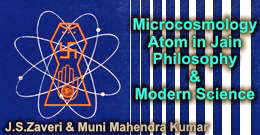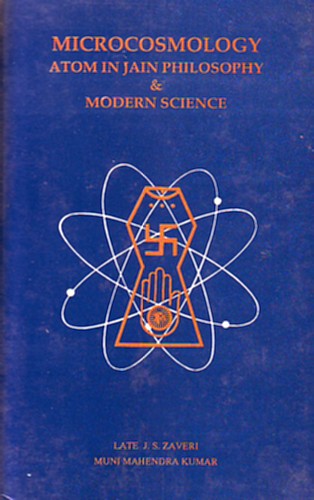
All schools of philosophy in India are agreed that philosophical speculation is a necessary discipline of the mind, which strengthens convictions and attenuates doubts. But the ultimate truth cannot be realized by philosophical discipline alone, which is only a means to that end. Indian philosophers are, also, agreed that the plenum of knowledge can be attained by the development of a super-vision, which is a potentiality in all of us. The Jains are emphatic that omniscience is the condition as well as the result of perfection. And however much we may advance in our philosophical enquiry and scientific pursuit (which are not antagonistic in their aim inspite of their difference in method and lines of approach), it cannot by itself bring about the final consummation.
Both physicists and the Jain philosophers agree that physical universe is fundamentally interconnected, interdependent and inseparable. In other words, it is an internally coherent system.
The ideal way, therefore, to perfectly understand the nature and the structure of the physical world, is to apprehend it directly in one super-vision. Being a coherent system, it is possible to apprehend the entire physical universe in a single all-embracing experience by a superhuman observer.1 Let us first outline a fairly definite ideal of what a completely adequate apprehension of the whole physical reality would be.
1. In words of Einstein, "We can know only the relative truth. The absolute truth is known only to the Universal Observer. (See, The Universe and Dr. Einstein by Lincoln Barnett, New York, 1954.)
 Jethalal S. Zaveri
Jethalal S. Zaveri
 Prof. Muni Mahendra Kumar
Prof. Muni Mahendra Kumar

